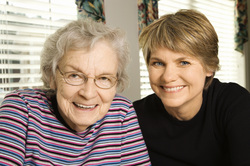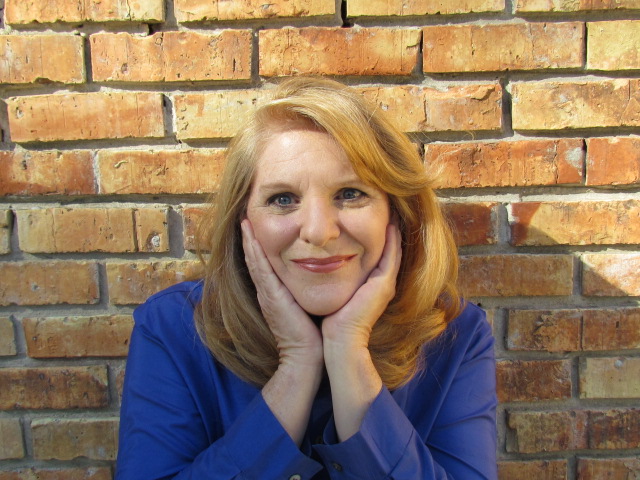
Guest Blog by Kristen Mauk, PhD, DNP, RN, GNP-BC
Research shows that most older adults want to age in place in their own homes for as long as possible. However, with advanced age often comes chronic illness, the need for multiple medications and specialty doctors, and physical challenges. In the past, the options for adult children of aging parents were limited. Care included many levels of care such as independent or assisted living at senior housing apartments, free standing facilities, or retirement communities. Then, as your parent required more assistance, the next step was the nursing home, memory care unit, or skilled care. Adult children living far away from their parents faced additional barriers to finding good care.
There are a few new models of care to help older adults age in their own homes or in a home-like environment. First, the PACE program (or Program for All-Inclusive Care of the Elderly) is available in more than 30 states and funded by Medicare/Medicaid. PACE provides coordinated, interprofessional, long-term care services for older adults, promoting aging in place.
Assisted living at home is another option. Many organizations offer companion and/or nursing assistant services that are non-medical, and even if a person doesn’t quality for their insurance or Medicare to pay for help at home, care is still available at a cost. A new, more affordable alternative is to use the services of a company such as Senior Care Central to find your own caregiver. Senior Care Central (SCC) is a web-based service with a database of professional caregivers that includes nursing students, CNAs, and nurses. You can save nearly half the hourly cost over a typical home health agency and hire a more flexible, skilled caregiver whom you choose yourself. SCC also provides tools and resources to help you interview and connect with the caregivers you pick from the database. You negotiate your terms, hours of care, duties, and rates directly with them.
Another model as an alternative to the typical institutional setting of a nursing home is the Green House project. Green Houses are specially designed homes that house about 10 residents requiring skilled care, each of whom has a private room, but who share a living room and kitchen. Skilled care is provided by professional caregivers in a homier environment that focuses on the individual’s and family’s goals and wishes. Staff turnover at Green Houses is significantly lower than in most long-term care facilities.
Deciding which model of care is appropriate for your parent and works best for you and your loved one can be challenging. You may wish to use the services of a geriatric care manager or a life coach to help decide among the many options. However, exploring all the alternatives early can save you time, money, and frustration later, and help promote a better quality of life for your aging parents.
Dr. Kristen Mauk is a nursing professor and President of Senior Care Central. Visit her website and read her blog at www.drmauksboomerblog.com


 RSS Feed
RSS Feed
